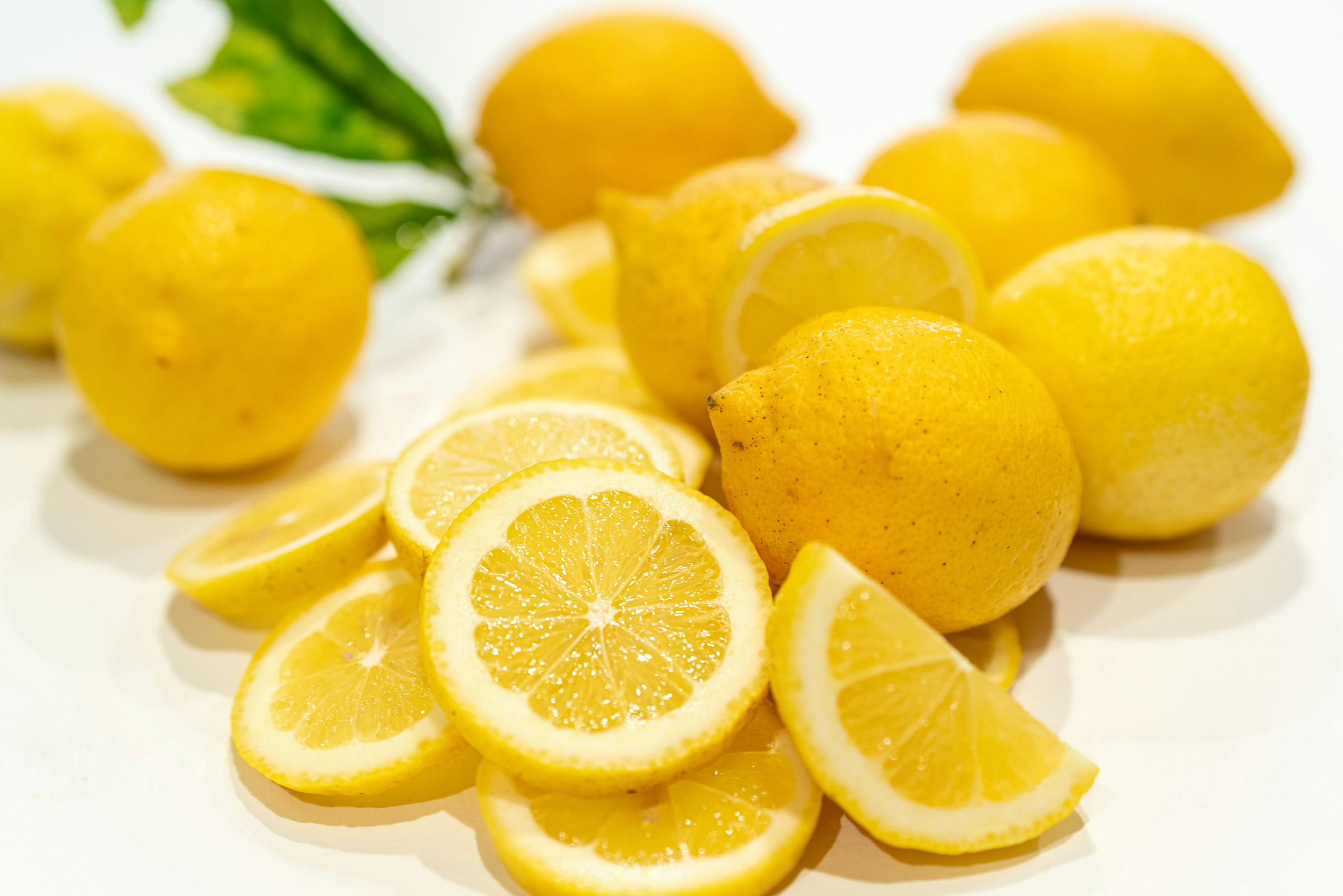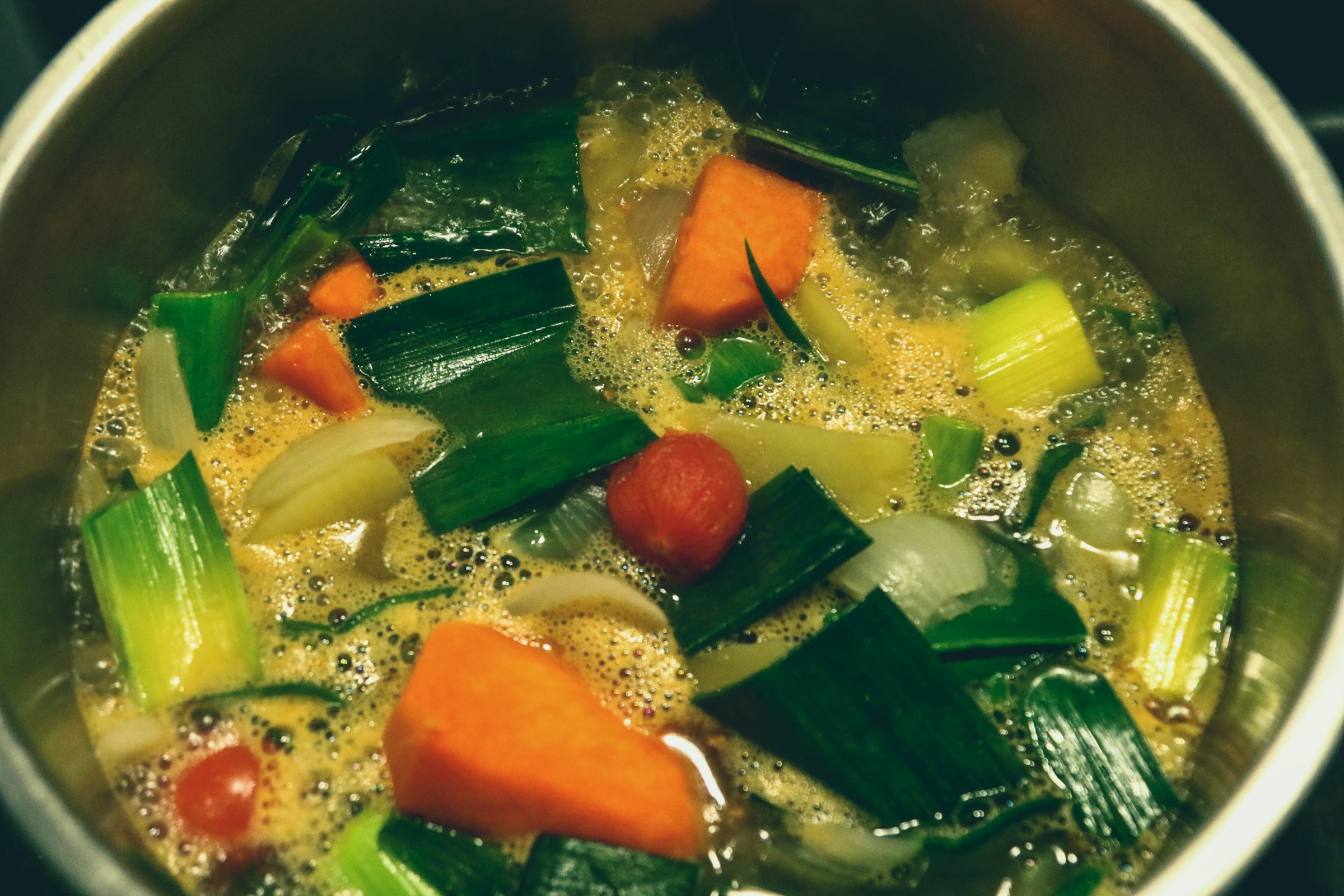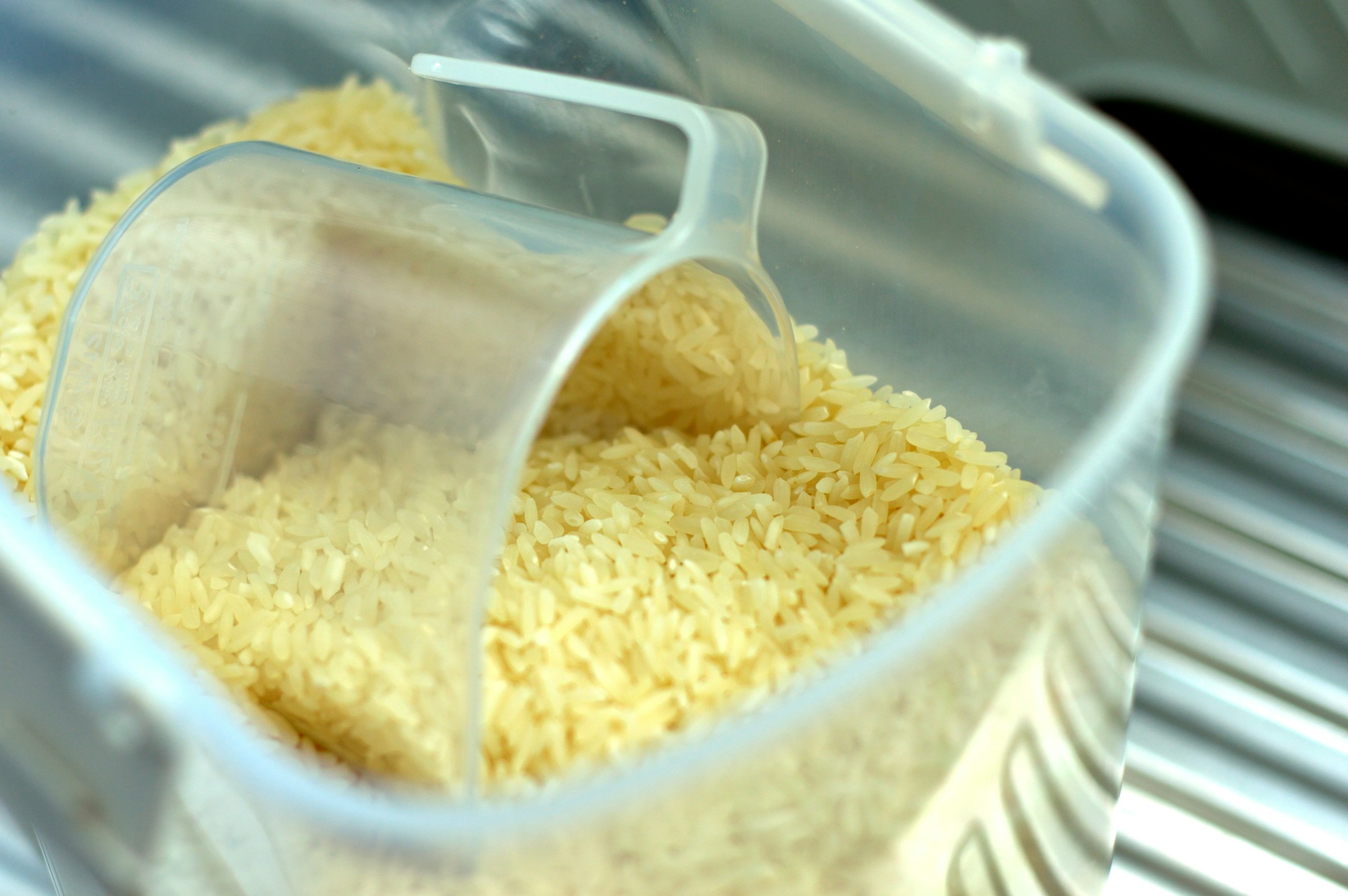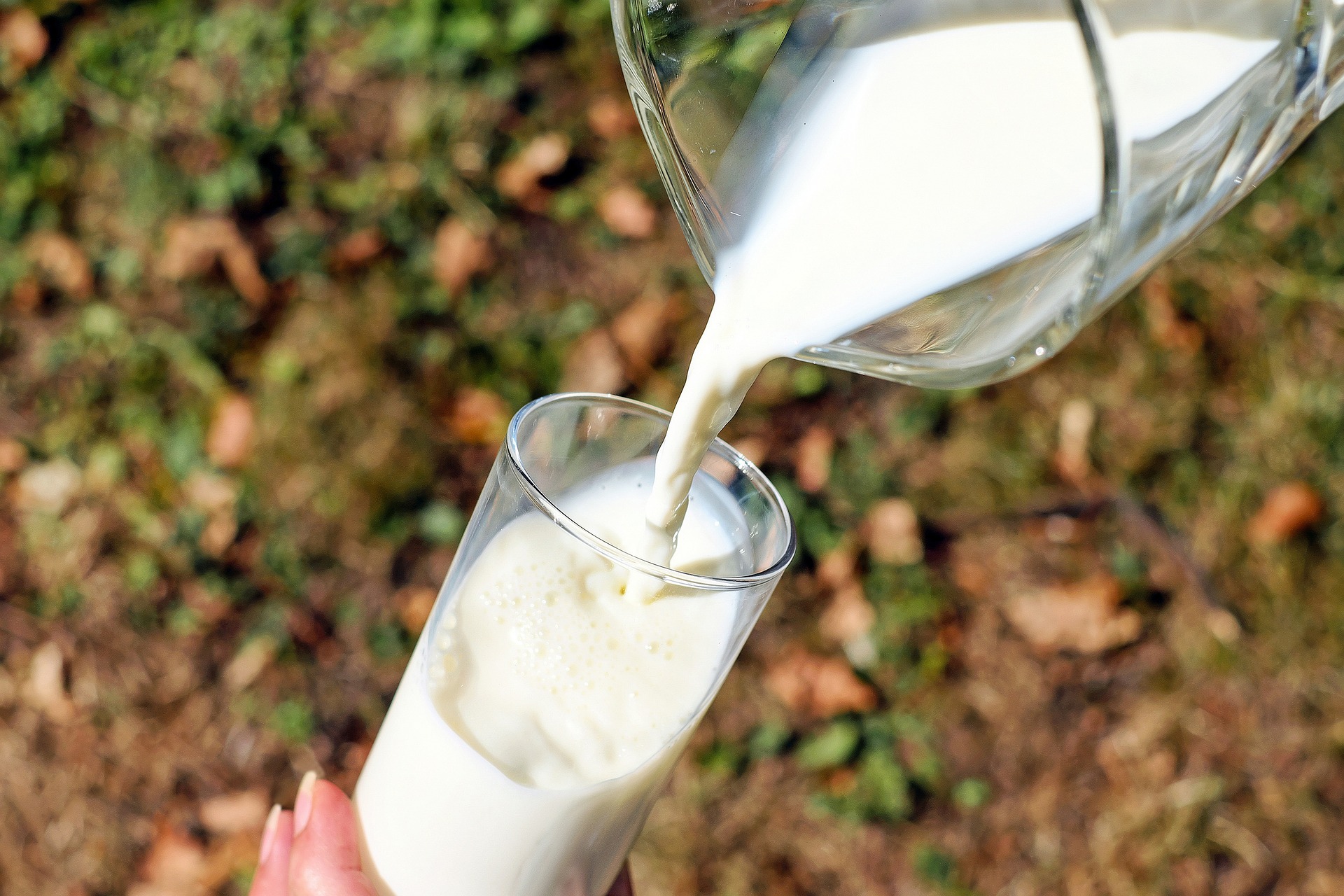
Over-salting food is one of the most common culinary blunders, falling perhaps only just below one more common cooking crime – under-salting food. It’s a finicky art, to be sure, and finding just the right balance can be tricky. After all, every palate is different, every dish unique, and recipes are often inconsistent. What does “season to taste” mean anyway, many wonder. While this term may be frustrating to those who prefer to follow a recipe down to the letter, it’s really just a common phrase that means, “Everyone likes it differently, so just use your best judgment.”
The problem with that mentality is that if you’re new to cooking or really need to follow that recipe, mistakes can be made – often in the form of over-salting. After all, it’s easy to get carried away when in chef mode, slicing and dicing away, fingers sinking into the briny granules inside the salt cellar, and dramatically raining the mineral down with skilled – albeit heavy-handed – expertise.
Over-salting food has gotten the better of us all, even those of us who are professionally trained, so there’s no shame in the matter. Still, the mistake can be embarrassing and ruin all of your hard work in the kitchen. Nobody wants to spend hours lovingly preparing a meal only to be choking it down with a gallon of water because of a silly mistake.
If you’re wondering how to make food less salty after you’ve already been too generous in your seasoning, there are some handy hacks you can use. So don’t toss that dish just yet. Reach for one of these ingredients, and you’ll be back on track in no time.
Acid

Acid is crucial in making food taste delicious, but it’s also a great way to correct aggressively heavy-handed salting. Adding any acid, such as citrus juice, vinegar, tomato products, or even wine, to overly salted food will help to neutralize the salty flavor. Granted, the acid won’t reduce the sodium levels in your food, but the flavors will help to balance each other and make your dish taste less salty.
Adding acid to food is already something that should be done in the cooking process, and there are lots of delicious choices. Just make sure to select an acid that will complement your dish.
More ingredients

This solution to overly salted food may seem a bit obvious, but it’s so effective that it’s certainly worth the reminder. You can always add more ingredients if you find your soup, sauce, or stew too aggressively seasoned. Be it vegetable, fruit, starch, or protein, adding more of an ingredient to the pot will help to shoulder some of that salt, dispersing it in a more palatable way. Simply balancing too much salt with more food to season just makes good sense. And good leftovers.
Starch

You may have heard that adding a raw potato to an overly salted soup, sauce, or stew will help draw some of that excess salt from your dish. This tried-and-true trick has saved me from embarrassment more than once, and it’s a secret weapon I’m happy to have in my back pocket. But did you know that you can use just about any starch for this purpose? Adding rice, pasta, or any number of grains like barley or quinoa to the pot will not only bulk up your dish, giving you a heartier meal, but can also save you from over-saltiness. Starch in your dish will naturally absorb that excess sodium, giving you a much more balanced and delicious dish.
Dairy

I’m not ashamed to admit that on more than one occasion, my soup or sauce has turned into a “cream of” something soup or sauce thanks to this trick. If you find that you’ve been a little bit overenthusiastic with the salt, adding dairy in the form of milk, cream, sour cream, or (less salty) cheeses can not only save you from a culinary disaster but help to enrich and flavor your dish. This is because dairy contains both fats and sugars that help to blockade saltiness and neutralize flavor.
This trick also works with non-dairy products like coconut or oat milk, so don’t let a little lactose intolerance prevent you from using this handy hack.
Sweeteners

Sugar and salt naturally balance each other, so adding a pinch of sugar or other sweetener to an overly salted dish can be the perfect solution. Depending on the dish you’re cooking, try using white or brown sugar or other sweeteners like honey, agave, or even maple syrup to help balance saltiness. Just keep in mind that you’re probably not aiming to sweeten the dish, so use only small amounts at a time for a perfect balance.



